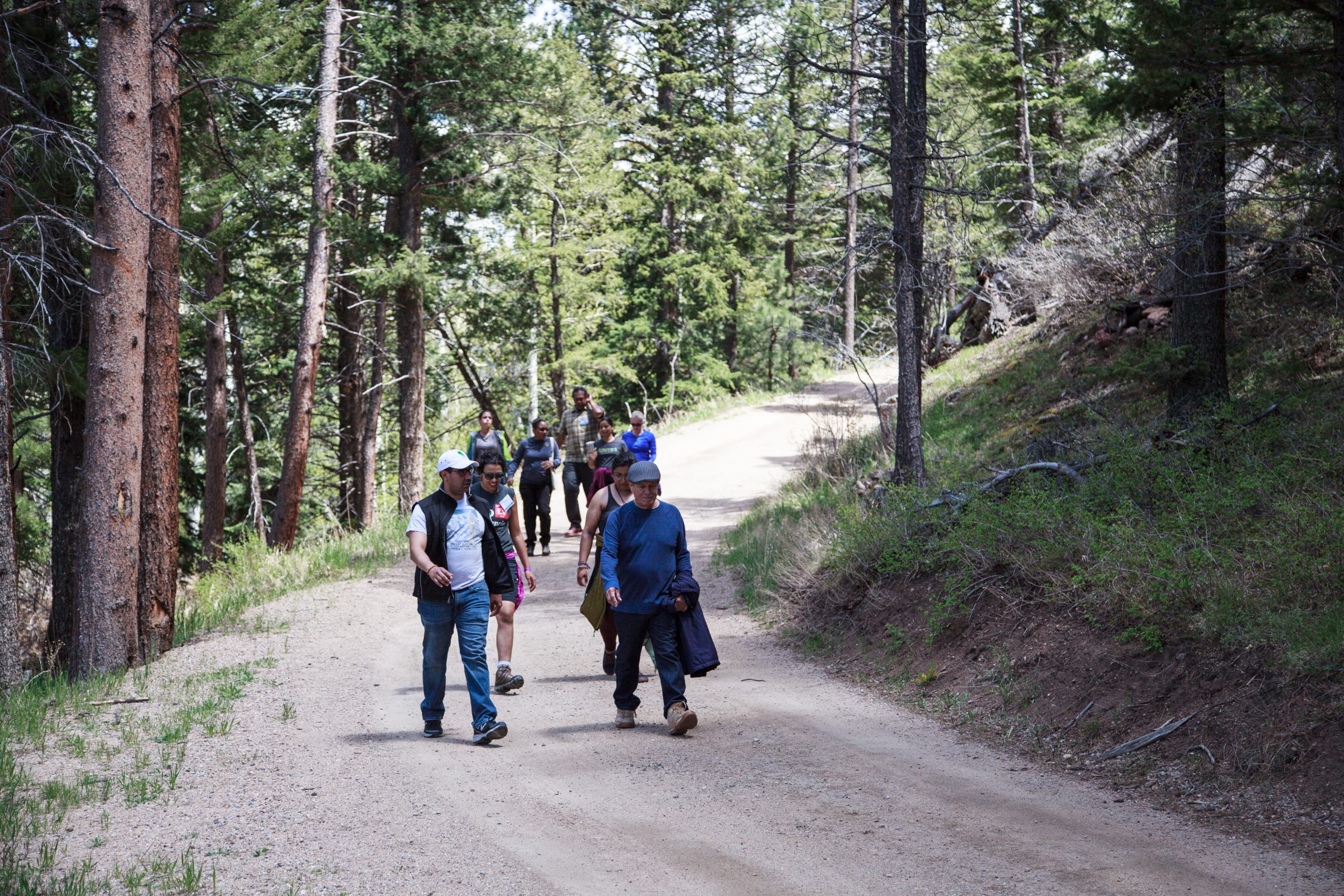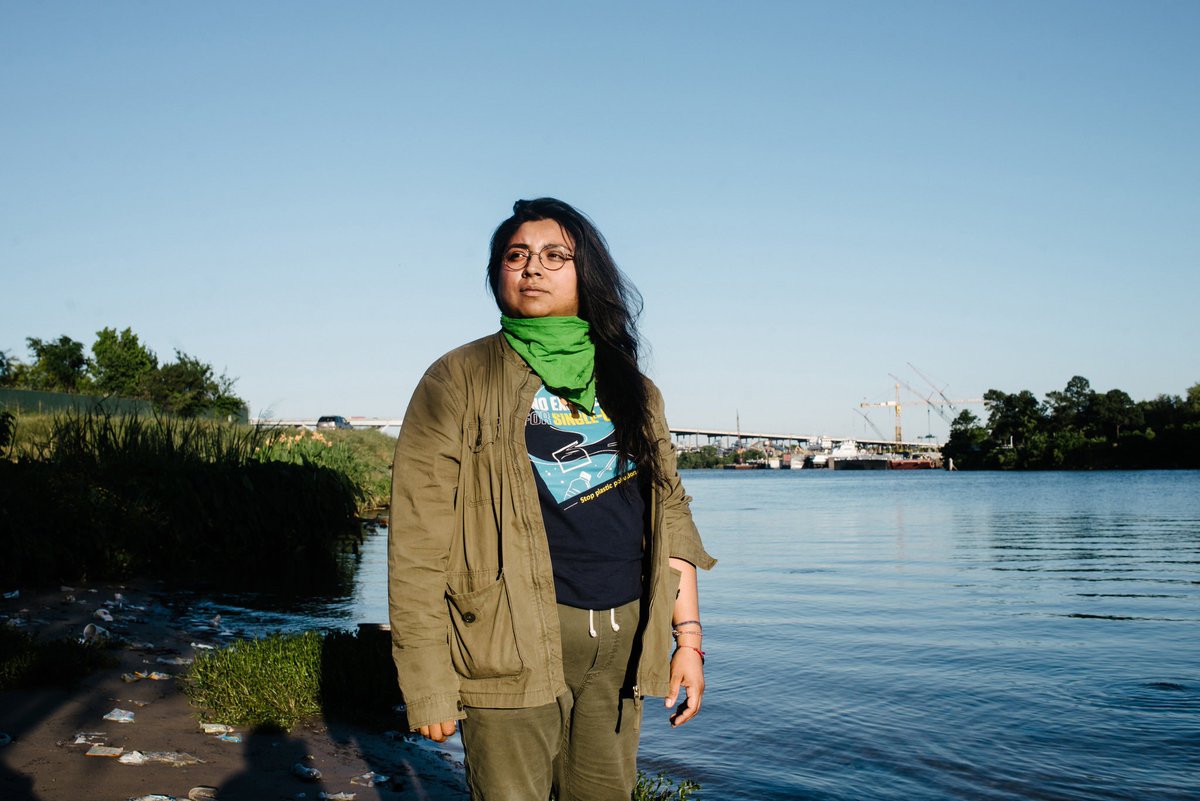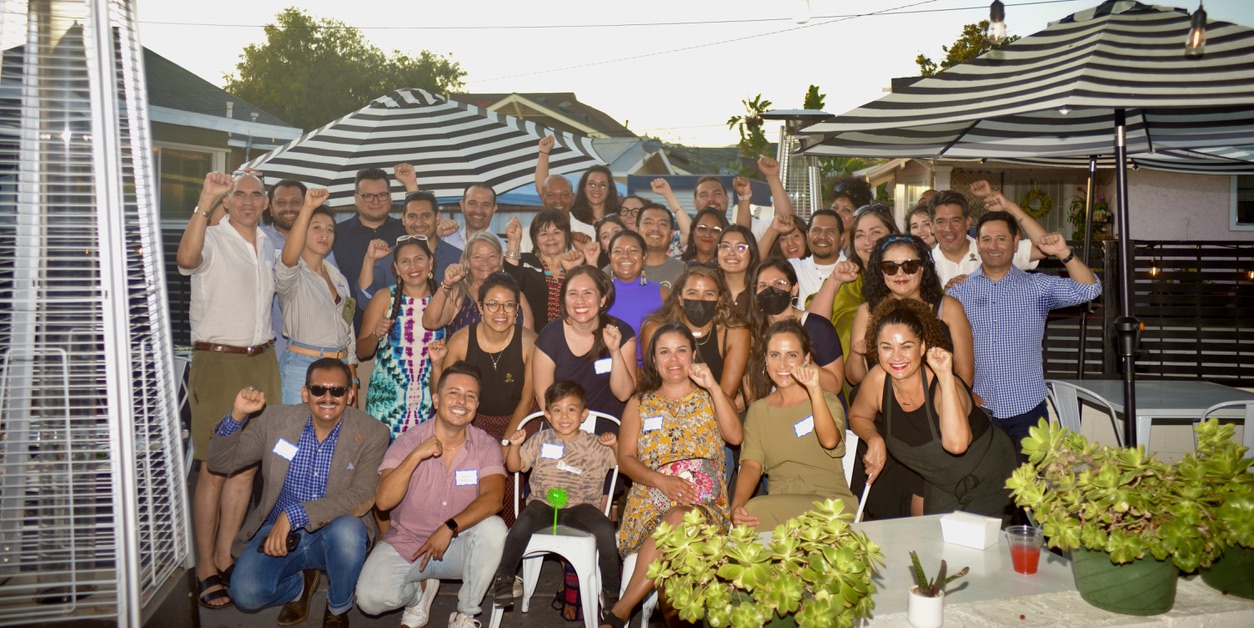"For Latinos, climate concern looms large" GreenLatinos in Politico
By: Shayna Greene & Nancy Yu for Politico Pro
Latinos consistently express more concern about climate than African Americans and non-Hispanic whites, even ranking the issue above immigration in the last presidential election.
The findings, from the Yale Program on Climate Change Communication, challenge the idea that climate change is predominantly a priority for white people. It also suggests that political candidates could be missing an opportunity with Latino voters when it comes to messaging on greenhouse gas emissions.
“Climate change and its impacts affect everybody, but not equally,” said Anthony Leiserowitz, lead researcher on the study spanning over a decade and director of the Yale program. Certain communities “are hurt first, and far worse, when these impacts finally hit.”
Using more than a decade of survey data, Yale developed a framework that compartmentalized perceptions of climate change into categories: alarmed, concerned, cautious, disengaged and doubtful.
In a 2019 study, participants were asked how important 29 policy issues would be in determining their vote in the 2020 presidential election. Among Latino registered voters, 57percent said global warming would be “very important” to their vote and ranked the issue as the sixth most important, above immigration and behind environmental protection.
Among adults who identify as Hispanic or Latino, 37 percent said they would “definitely” or“probably” join a campaign “to convince elected officials to take action to reduce global warming”, compared to 36 percent of African Americans and 22 percent of non-Hispanic whites.
Yale researchers also found that predominantly Spanish-speaking Latinos were more alarmed and concerned by climate change than English-speaking Latinos.
“Latinos were more convinced than non-Latinos that human-caused global warming is happening, a serious threat, strongly supported climate policies, and were willing to advocate for political change,” researchers found.
Leiserowitz said socioeconomic and cultural factors specific to Latinos contribute to their heightened awareness.
“It's bound up in the way Latinos grow up, the values that they have, the values that are passed down within their families, as well as some social structural dimensions,” he said in an interview.
President Joe Biden captured 59 percent of the Latino vote in 2020 , but failed to connect with Cuban and Venezuelan immigrant communities in Florida, which cost him the battleground state.
“Latinos are cultural conservationists,” said Lydia Cardona, climate and clean air program manager at GreenLatinos, a national nonprofit addressing environmental issues that affect the U.S. Latino community.
“The places where our families have perhaps migrated from, there is this very inherent dependent on connection between nature and our lived experiences, because so often, you're very dependent on nature in those contexts.”
Socioeconomics also play a role. Latino and Black communities are disproportionately exposed to harmful airborne particulates. Latinos have the country’s second-highest rate of poverty and could be conscious of what they spend on energy or the amount of water they use.
“A lot of them are very much working-class families,” Cardona said. “There's this inherent need to perpetuate more conservationist behavior out of that economic need.”
There’s a common belief that Latino voters prioritize immigration, racial inequity and the economy. Candidates typically don’t adopt climate change as a primary theme in their Latino outreach. When they do, the message differs by party.
“Typically, we see Democrats really gravitating towards messages about clean air and water and a sustainable future for our children,” said Danielle Deiseroth, a senior climate data analyst at Data for Progress, a progressive think tank. “We see Republicans gravitating towards messages more centered around job creation, lowering energy bills, energy independence.”
Latino voters may fall squarely in the middle. An April memo
from Data For Progress found that Texas voters supported a clean energy transition, even when presented with claims that the transition would hurt the economy.
Biden wants to cut U.S. carbon emissions, but his plan to incorporate green spending into infrastructure legislation has been stalled by partisan and ideological divisions even as the threat of climate change is projected to climb closer to the top of voters’ priority lists.
At the local level, the fight is more immediate, with organizations pushing to reduce carbon emissions in their home states, build climate-friendly housing and prevent industrial pollution. Often, it’s people of color leading the battle.
GreenLatinos, a nonprofit coalition, is assembling a policy package, the “Nuestro New Deal,” that articulates climate and social justice priorities for Latino voters.
The package prioritizes ways to include non-English-speaking communities in policy debates, groups that frequently are left out because of the lack of resources provided in their language. Such conversations inform the public about the placement of local power plants and other potential industrial elements, which could impact the health of residents.
“We know that these things are all connected,” Cardona said. “You cannot have climate justice without social justice.”
This piece originally ran in Politico.




